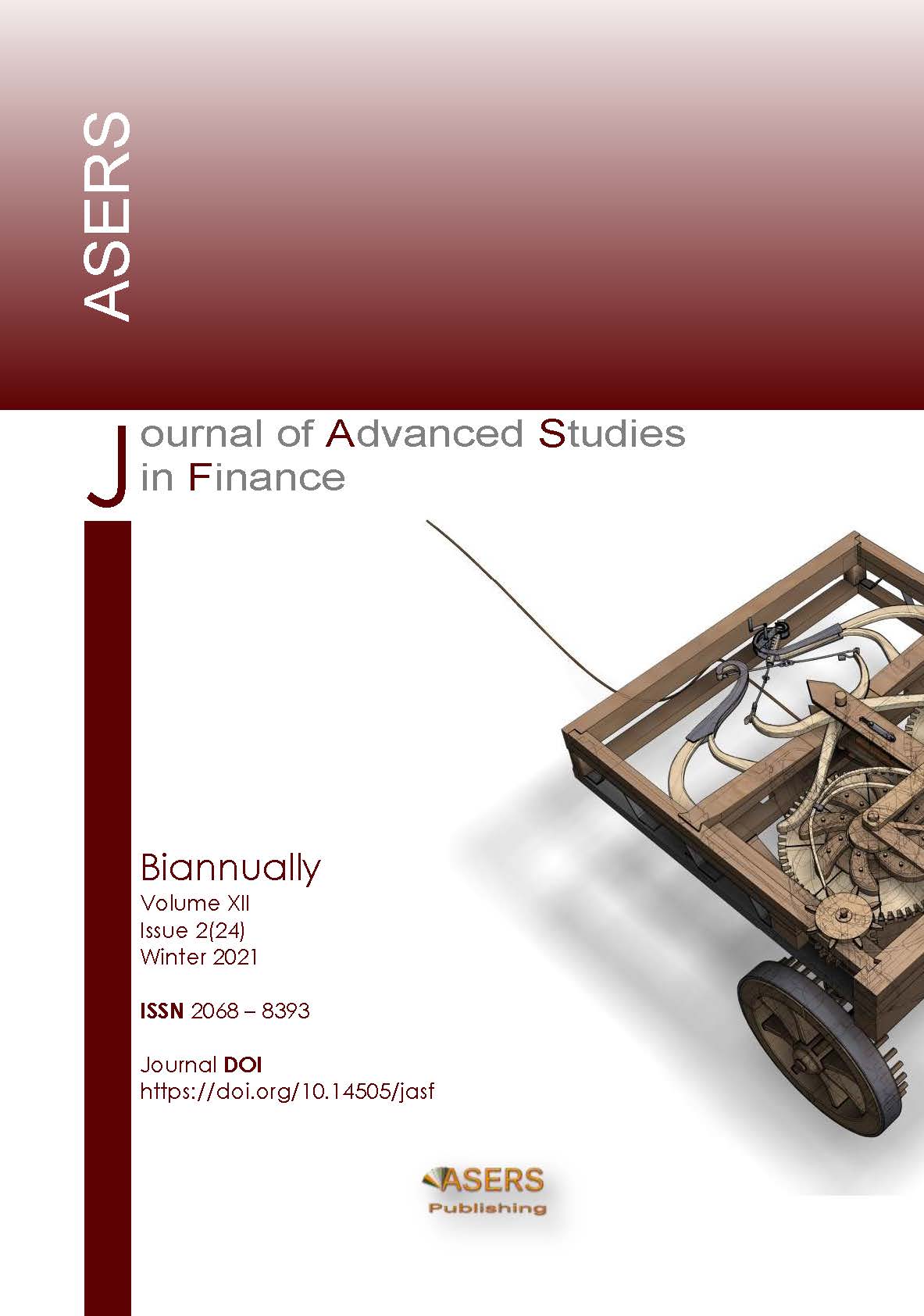Monetary Variables, Economic Growth and Monetary Policy in Nigeria
Monetary Variables, Economic Growth and Monetary Policy in Nigeria
Author(s): Shafiu Ibrahim ABDULLAHI, Kamal Kabiru SHEHU, Mukhtar SHUAIBU, Shehu Garba SALEH, Mohammed Dansabo USMANSubject(s): Economy, National Economy, Business Economy / Management
Published by: ASERS Publishing
Keywords: broad money; money supply; money demand; monetary policy; economic growth; ARDL; GMM; Nigeria;
Summary/Abstract: Historically, monetary policy in Nigeria has been dominated by short term considerations. In the past few decades, monetary policy has bounced between short term and medium term considerations. Nigerian government might have tried to ensure some effectiveness in regulatory and supervisory mechanism of the entire monetary and financial ecosystem. This paper measures the influence of monetary variables on economic growth in Nigeria. Subsequently, it tests money demand function in Nigeria. It employs Generalized Method of Moments (GMM) and Autoregressive Distributed Lag Model (ARDL) for the analysis, using annual data from 1989 to 2019. The results of the analysis show money supply (M2) as important in explaining economic growth in Nigeria. The result also shows negative effects of Nigerian foreign exchange policy on economic growth in Nigeria. The result of the money demand analysis shows that income is the most important variable that explains money demand in Nigeria, even more important than interest rate which shows insignificant result. The paper recommends changes in Nigerian foreign exchange policy as the existing policies (especially, the policy somersault) are detrimental to economic growth. The paper also noted the importance of making money supply (M2) to be in tandem with overall economic growth agenda.
Journal: Journal of Advanced Studies in Finance (JASF)
- Issue Year: XII/2021
- Issue No: 24
- Page Range: 115-125
- Page Count: 11
- Language: English
- Content File-PDF

